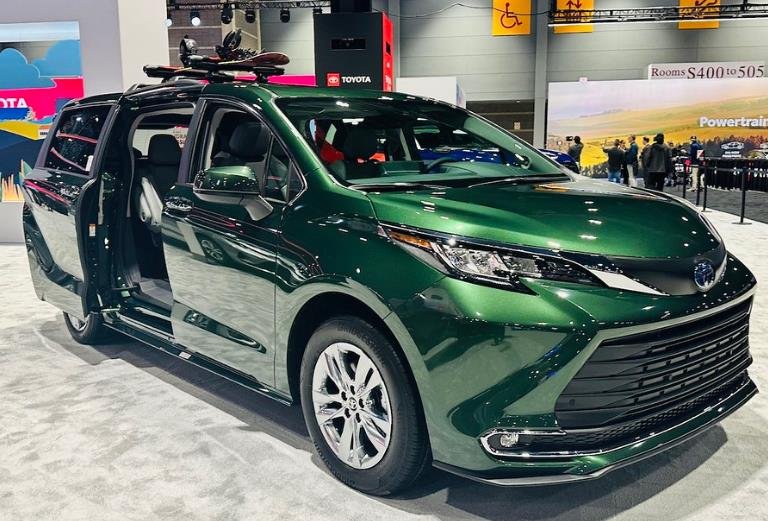As the automotive industry grapples with the transition to greener technologies, many automakers, including Toyota, are finding that hybrids offer a more immediate payoff compared to fully electric vehicles (EVs). This strategic shift is driven by consumer demand for practical and cost-effective solutions, as well as the current limitations of EV infrastructure. This article explores the reasons behind this trend, the economic benefits for automakers, and the future outlook for hybrid vehicles.

Rising Consumer Demand for Hybrids
The increasing popularity of hybrid vehicles is largely due to their practicality and affordability. Unlike EVs, hybrids do not require extensive charging infrastructure, making them more convenient for consumers who are not ready to fully commit to electric vehicles. This convenience, combined with the environmental benefits, makes hybrids an attractive option for a wide range of buyers.
Toyota, a pioneer in hybrid technology, has seen significant sales boosts from its hybrid models. In August 2024, Toyota’s sales of electrified models rose by 49%, with nearly all of these being gasoline-electric hybrids. Hyundai and Kia have also reported record sales numbers, with Hyundai’s hybrid models seeing an 81% increase, led by popular crossovers like the Santa Fe and Tucson. These figures highlight the growing consumer preference for hybrids over fully electric vehicles.
The competitive pricing of hybrids is another factor driving their popularity. Hybrids are generally less expensive than EVs, both in terms of purchase price and maintenance costs. This affordability makes them accessible to a broader audience, further boosting sales.
Economic Benefits for Automakers
The shift towards hybrids is not only beneficial for consumers but also for automakers. Producing hybrids is less costly than manufacturing fully electric vehicles, which require expensive battery technology. This lower production cost allows automakers to price hybrids more competitively, increasing their market appeal.
Automakers like Toyota, Hyundai, and Kia are capitalizing on the demand for hybrids by expanding their hybrid lineups and offering attractive incentives. This strategy is proving successful, as evidenced by the increasing sales figures and positive consumer feedback. The success of hybrids is helping automakers recover from sales slumps and achieve record sales numbers.
Moreover, the hybrid market is less saturated than the EV market, providing automakers with a unique opportunity to capture a significant share of the market. By focusing on hybrids, automakers can differentiate themselves from competitors who are solely focused on EVs.
Future Outlook for Hybrids
Despite the current success of hybrids, automakers face several challenges as they navigate the transition to greener technologies. One of the primary challenges is balancing the production of hybrids with the development of fully electric vehicles. While hybrids are currently more popular, the long-term goal for many automakers is to transition to all-electric fleets.
Another challenge is the potential for market saturation. As more automakers introduce hybrid models, competition will increase, potentially leading to price wars and reduced profit margins. Automakers must continue to innovate and differentiate their hybrid offerings to maintain a competitive edge.
Looking ahead, the future of hybrids appears promising. Consumer demand for practical and environmentally friendly vehicles is expected to remain strong, driving continued growth in hybrid sales. Automakers are likely to invest further in hybrid technology, improving performance and efficiency to meet evolving consumer expectations.
In conclusion, the shift towards hybrids is already paying off for automakers, providing immediate financial benefits and meeting consumer demand. As the industry continues to evolve, hybrids will play a crucial role in the transition to greener transportation solutions.
















